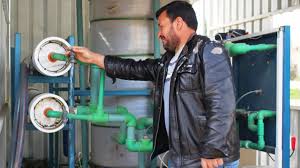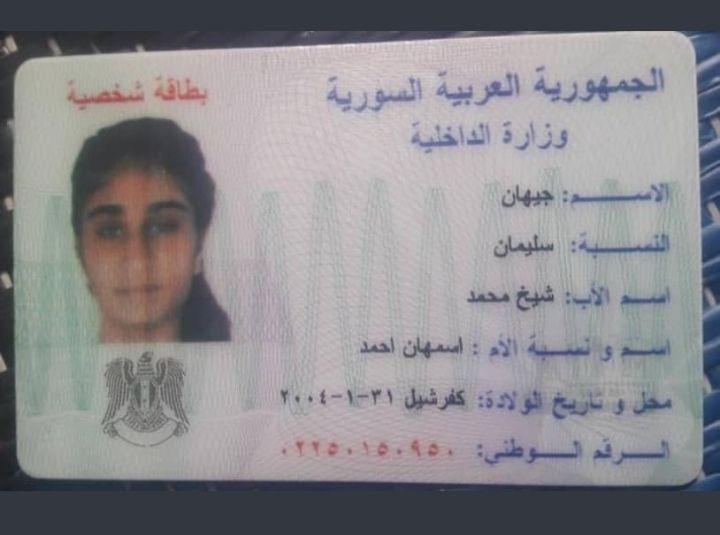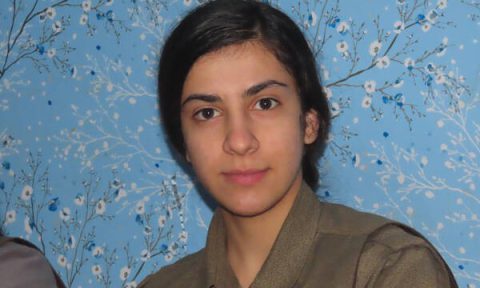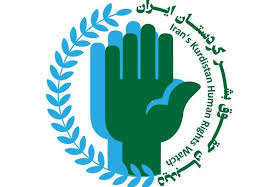Media outlets of the Autonomous Administration of North-East Syria keep campaigning against Turkey, arguing about recent water cut-offs, leaving 460.000+ people without water in the time of a pandemic.
Though I strongly agree that leaving people without water is a crime against human rights – especially at the time of a pandemic sweeping across the globe – I think we should look into the ‘how’ and ‘why’ of these cut-offs, which are strongly underreported and appear to be their own actions.
When Turkey held an operation in North-East Turkey last year, and set up a “safe zone” near its borders, the distribution of both water and electricity of all of North-East Syria was now to be located in two separate territories. The kurdish-led SDF provide over the Tishren Dam that supplies the whole region with electricity. The Turkish-backed rebels, that now reside in Ras al-Ayn and Tal Abyad, provide over the Alok water centre.
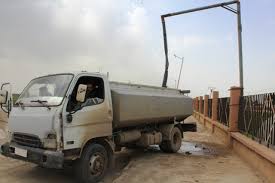
Turkey and Russia agreed months ago that the Autonomous Administration of North-East Syria would supply Tal Abyad and Ras Al-Ain with 30 MW of electricity from Tishren Dam and supply the Aluk plant with electricity. In return they would continue to receive water from the Alok water centre.
Recently, the SDF reduced the electricity sent to areas out of their own territory from 30MW to 10MW, which is not sufficient for Tal Abyad and Ras al-Ayn. They also continue to cut off electricity sent to the Alok water centre, causing it to produce less drinking water as it is powered by generators. To put pressure on the SDF to hold up its part of the agreement, the Turkish-backed rebels cut off the water supplies to Hasakah for a few days thrice.
Both SDF and the Turkish-backed rebels in North-East Syria should think of the civilians living in their territories. Every human has right on electric power and running water. Keeping the global COVID-19 outbreak in mind, both parties should act as agreed.

